Senator Ibrahim Shekarau: The Task Before the League of Northern Democrats, How Daunting?
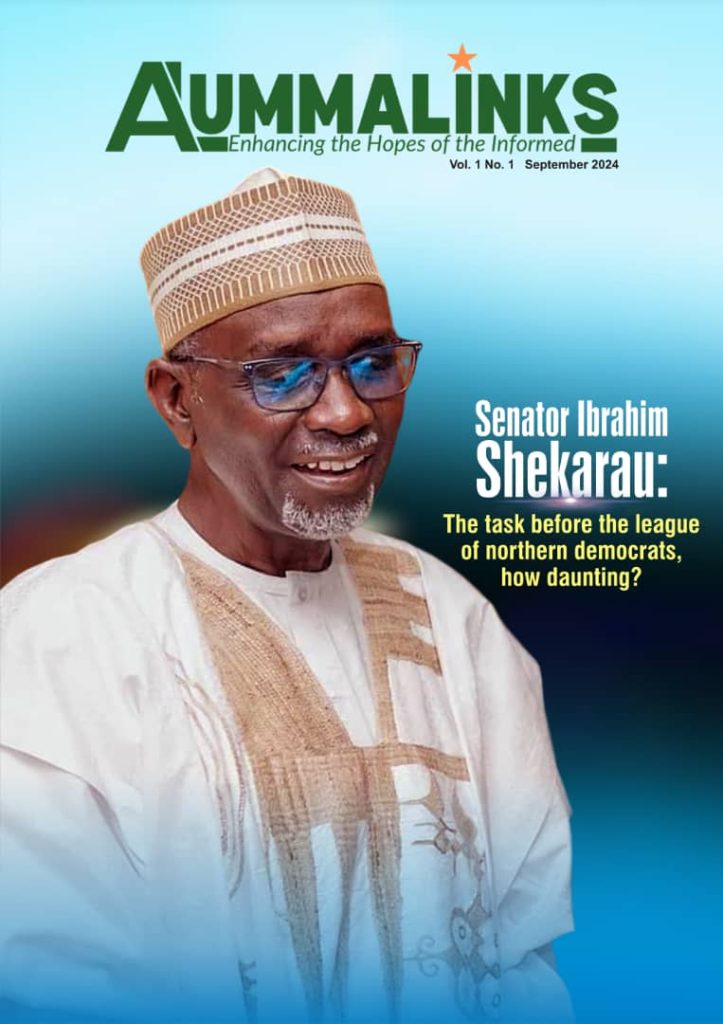
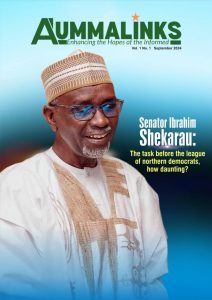
On Tuesday 20th August, a group of eminent Northerners, headed by the former governor of Kano State, Senator Ibrahim Shekarau converged at the Shehu Yar’adua Hall in Abuja with important objectives in mind. The attendees include: Alhaji Tanko Yakasai, Sen Ibrahim Ida (Wazirin Katsina), Kabir Tafida (Sarki Fadan Sokoto), Falalu Bello, Dr. Jamilu Isyaka Gwamma (Sardauna Gombe), Malam Salihu Lukman, Amb. Usman Sarki, Prof. Usman Yusuf, Muktari Abubakar Tafawa Balewa, Aminu Shehu Shagari, and Murtala Shehu Yar’Adua (Tafidan Katsina), among others. The objectives of this gathering include the resolve made by the group to advocate for good governance to foster the development of the North and to revitalize the region’s political and economic stands within the country.
However, a call to action was made to the government at the federal, state, and local levels in response to the protest against bad governance. Moreover, the plan to hold a strategic summit aimed at uniting and re-establishing the North as a dominant force in Nigeria’s political landscape was agreed upon and a date for the summit was slated for another time of about six months from now.
It is important to note that as good as this gesture is believed to be, the timing of it which sequel the end of the bad governance protest, which turned violent and led to the killings of more than 20 protesters in the North, as well as the alleged secession plan championed by a group of Northerners, who are agitating for the creation of the Arewa Republic, a move that the Middle Belt Youth Forum had condemned and disassociated themselves from, make the intentions of the conveyor of this august meeting leave much to be desired.
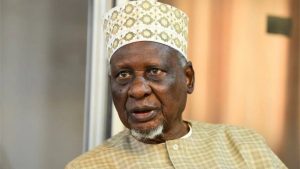
Recall that there have been rumors about the North being dissatisfied with the administration of President Bola Ahmed Tinubu on the grounds that it has failed to meet the expectations of the Northerners, even when it is believed that more than 60% of the votes that gave him the victory to become the President came from the North. Similarly, the birth of The League of Northern Democrats happened just a few days after a group of people who call themselves the Patriots, headed by the former Secretary General of the Common Wealth of Nations, Chief Emeka Anyaoku, visited the Villa to present their request to the President, prominent among which is the overhaul of the 1999 constitution, which they described as illegitimate, and its replacement with a People’s Democratic Representative Constitution, stating that because of the plurality of the country Nigeria, there is therefore the need for a constitution that will address the pluralism of the country, lest it disintegrates.
This request and visit met with stern reactions from prominent Northerners, including Senator Ibrahim Shekarau, who is the leader of the League of Northern Democrats, and Alhaji Tanko Yakasai, whom the Patriots describe as their ally. All these back and forth suggest the undercurrent in relation to the establishment of the League of Northern Democrats and gives a room for suspicion and worry. Recall that the end bad governance protest, which had a significant escalation in the North, was the first time that the North ever participated in any protest of social and economic nature. The reason why the North seems to be waking up at this time when the country is deeply divided with a Southern President in the saddle, calls for interrogation and it is a cause for anxiety and introspection.
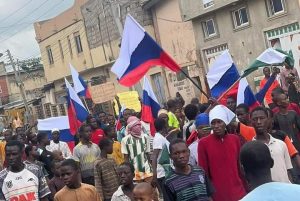
History being the story of past events, in relation to human activities, does not die. Life is understood backwards and lived forward. It is therefore imperative that we go on the memory lane in order to juxtapose the past with the present and vice versa. By contrast with the lifestyles of the two other major ethnic groups in Nigeria, namely the Igbos and the Yorubas, the majority Muslim Hausa-Fulani which represented about 65 percent of the Northern population had lived for many years in Feudal societies in which large working-class populations were ruled by small theocratic elites, composed of Emirs and Sultans. As their political leaders often doubled as religious leaders, compliance and submission to the will of the political establishment was not simply a civil duty but a religious one.
Very much unlike in Igbo societies, there was nothing particularly odd or shameful about a man aspiring to live a modest live as a farm worker, craftsmen or a nomadic cattle herder, but contrary to commonly held prejudices, the Hausa-Fulani were not in any way lazier or inherently less enterprising than their Southern counterparts. They simply had a deeper appreciation for religious discipline and had a more socially conservative worldview.
However, there is no denying the fact that while the unquestioning submissiveness of Northern societies to the theocratic establishment guaranteed internal stability and order, it also meant that the North was a lot less economically vibrant. Northerners were generally less opened to new ideas and often completely rejected secular education in favor of Islamic education. Demonstrating the extent of Nigeria’s North-South divide, some studies estimated that as at Nigeria’s independence in 1960, Northern Nigeria had an English literacy rate of just 2% compared to the Southeast which had an English literacy rate of 19.2%.
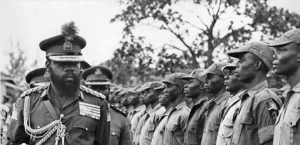
Over 50 years have passed since the end of the civil war, but the ghost of the Biafra continues to haunt the Nigerian state. Just one year after the death of general Ojukwu in 2011, a group known as the Indigenous People of Biafra (IPOB) became the latest among several post-war Biafran secessionist movements that have tried to lead a second Biafra breakaway. The response from the Nigerian Government has again been very heavy-handed.
Showing how little has been learnt from the mistakes of the war, the IPOB leader, Nnamdi Kanu has been arrested and harassed numerous times by the Nigerian state and he is still in detention after his unlawful extradition from Kenya on the 27th of June 2021, and against the judgement of the court of the land that discharged and acquitted him. These have only helped to energize his base and build his court like following. The Biafran question now occupies a menacing position in Nigeria’s political terrain, and with each passing day, it is becoming very obvious that the Nigerian Government can no longer continue to sweep the matter under the carpet.
The IPOB are not the only independence movement threatening to break the Nigerian Union. The oil-rich Niger Delta region, which despite being the source of Nigeria’s wealth, remains one of the most underdeveloped regions in the country, has for many years been riddled with militant separatist groups, such as the Niger Delta Avengers and the Niger Delta Greenland Justice Mandate. Similarly, for many years, a number of groups in the Yoruba heartlands have been calling for the creation of a separate Yoruba state that would be known as the “O’odua Republic” now christened as Yoruba Nation.
The one thing that unites all of these groups is the strong belief that nothing has really changed since the colonial times, in other words, the only group that still has a vested interest in the continuity of the Nigerian union are the Northern elites and in all honesty it doesn’t take a rocket scientist to understand why this view is so prevalent. There is no doubt that a break up of Nigeria would most likely lead to economic ruin for a lot of rich and powerful Northerners, who could potentially find themselves left behind in a landlocked country with no access to the sea, no oil revenue, and a large undereducated population of which an estimated 50% of women have no formal education.
When Fredrick Lugard created Nigeria back in 1914, it was arguable that he had no idea how badly the Nigerian project would turn out, but what has become very clear over a century later is that Nigeria in its current state just does not work. For a country as large and as diverse as Nigeria, the concentration of power in the Nigerian Federal Government is a recipe for disaster. With large sections of his population continuing to express feeling of marginalization and disconnection from the Federal Government, many have been putting forward the very sensible case for a restructuring of the country in a way that devolves power from the Federal Government to the various regions. This would mean giving its region power over their own resources and a greater ability to decide their own destinies. For the sake of the many innocent and peace-loving Nigerians, one can only hope and pray that a Nigerian establishment chooses to loosen its tight grip on power before it is too late.
Going forward, the League of Northern Democrats, having indicated their intention as being to unite all the Northern state and their people, bringing them under one umbrella, the question remains as whether that plan will easily be realized, going by the divisive factors such as the Fulani Herdsmen and Farmers clashes, religious intolerance and bigotry that have claimed the lives of thousands of innocent Northerners in Plateau and Southern Kaduna over a long period of time, and which are still prevalent, as well as the Boko Haram insurgency and banditry.
Other problems confronting the North at the moment include the high level of illiteracy that has given birth to millions of uneducated and unemployable adults, some of which have taken to the acts of terrorism and banditry, more than about 20 million out of school children who form the nucleus of the high population of the Almajiris, who are cheap targets for recruitments by the Boko Haram and bandit leaders, the porous borders of Nigeria with the Niger Republic, which covers thousands of miles in the North, as well as the lack of political will on the part of Northern elites, who occupy important political positions in the North, to prioritize human development and the general development of the North.
There is an infighting between the Fulanis and the Hausas over lands, which has led to the loss of lives of so many people, and there is the ever-growing suspicion between the Muslims and the Christians in the North, especially those Christians who live in the Plateau, Southern Kaduna and Benue State.
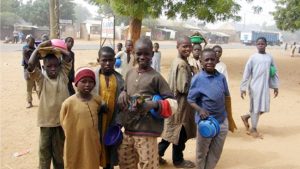
While the time has come for the northern elites and leaders to raise up to the occasion with a view to bringing about the transformation of lives of the people in the northern part of the country, a task that is indeed herculean to say the least, the question now remains whether or not the other parts of the country, especially the Northeast and the Southwest, will be compelled to exercise patience to see the efforts of the Northerners fructified, which in other words may mean being dragged back in their progressive adventures. In conclusion, and without gainsaying the fact, the task that the League of Northern Democrats is out to champion is indeed herculean and daunting, and what comes out of it will need time to tell.
By: Samuel ‘Tunji Adeyanju
Kofoworola Oladoke


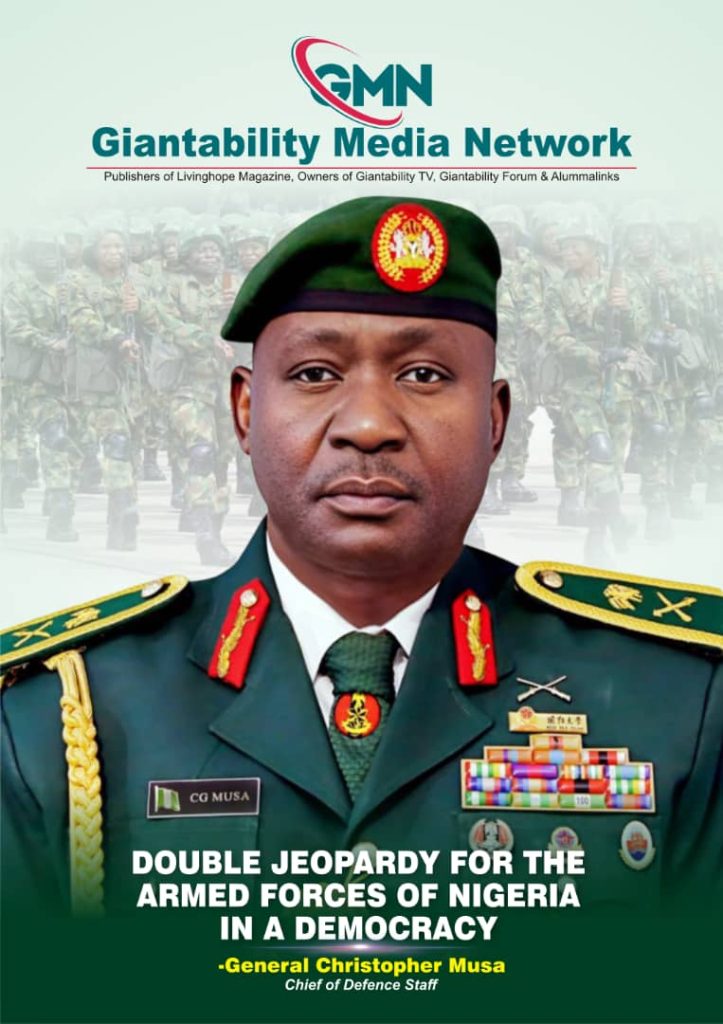
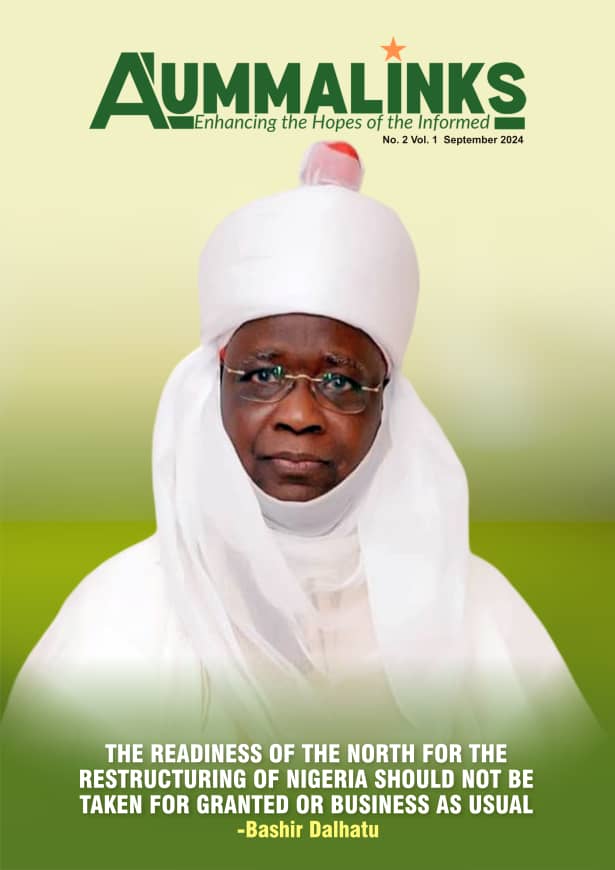

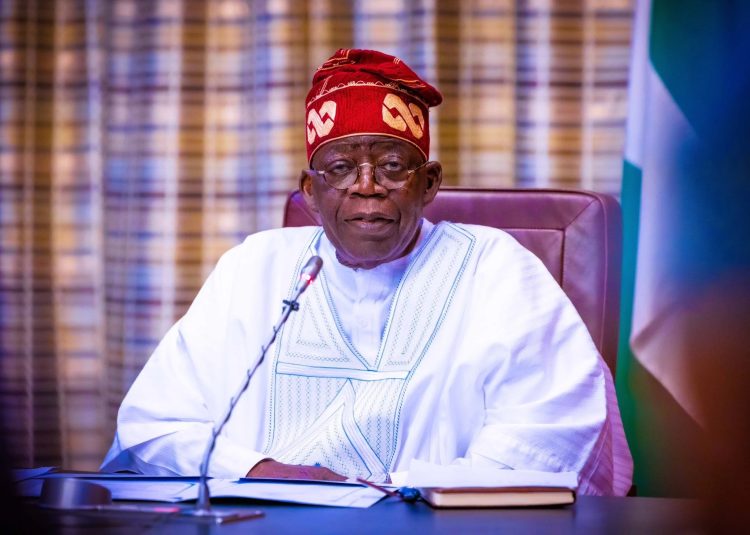
Responses